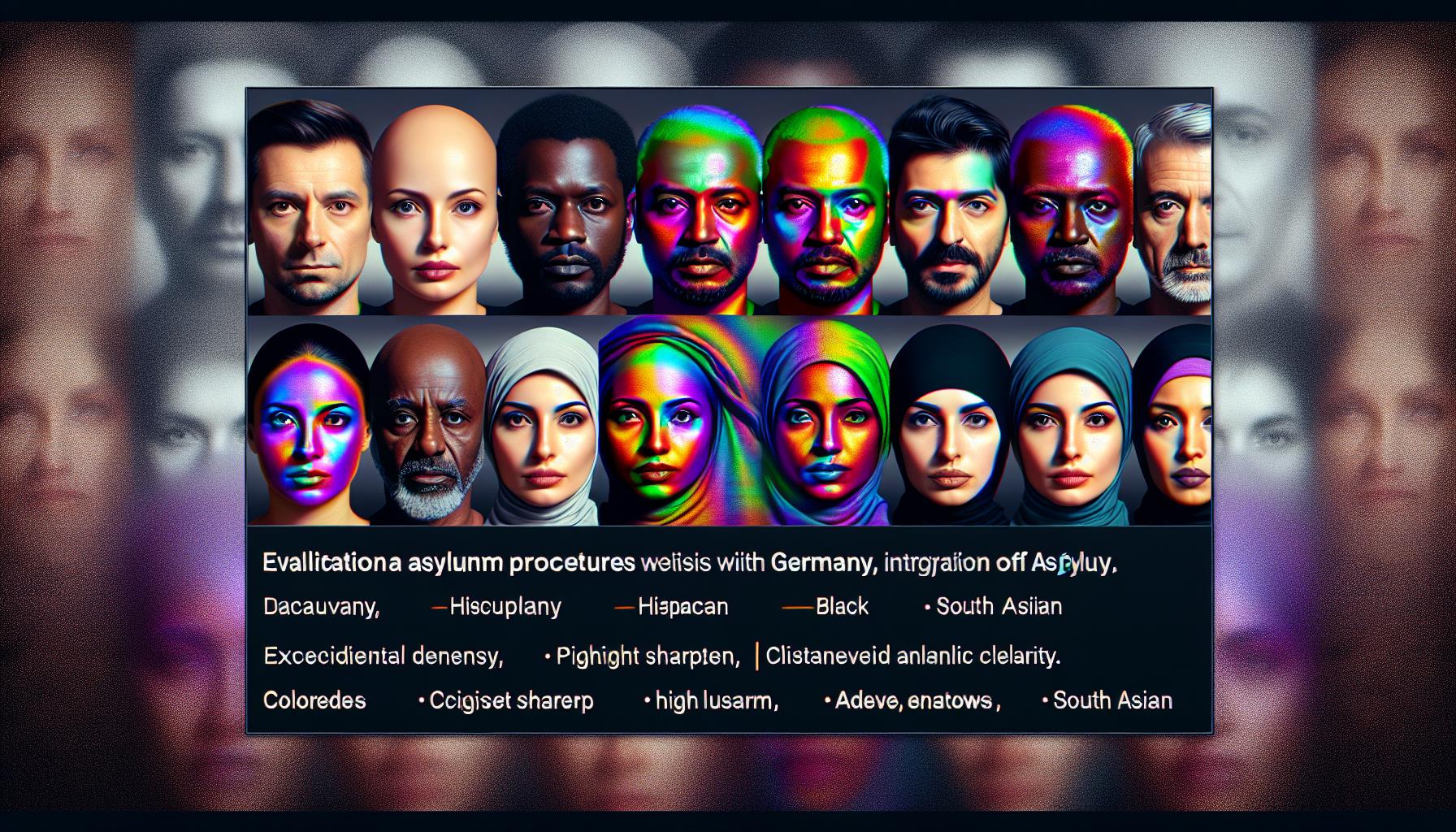AI to Revolutionize Asylum Procedures in Germany
Germany is taking a significant step toward modernizing its asylum procedures by introducing an AI-supported research tool. Starting in 2025, Berlin and Niedersachsen will pilot this innovative project aimed at streamlining the often cumbersome and time-consuming asylum process. The tool is designed to assist officials in compiling relevant information more efficiently, reducing the reliance on manual processes that can delay decisions for months or even years.
The AI tool will focus on analyzing vast amounts of data, including legal texts, case precedents, and country-specific information, to provide caseworkers with a comprehensive overview. While the technology promises to expedite the research phase, judicial decisions will remain a human responsibility, ensuring that the final verdicts are fair and adhere to legal standards. This initiative reflects Germany’s commitment to leveraging technology to address bureaucratic inefficiencies while maintaining the integrity of its asylum system.
Challenges and Ethical Considerations
Despite its potential, the AI project faces several challenges. One of the primary concerns is ensuring the accuracy and impartiality of the AI’s recommendations. Critics argue that biases in the training data could lead to unfair outcomes, particularly for vulnerable asylum seekers. Additionally, the integration of AI into a highly sensitive area like asylum procedures raises ethical questions about data privacy and the potential for misuse.
Another hurdle is the need for extensive training for caseworkers to effectively use the tool. The success of the project will depend on how well the technology is integrated into existing workflows and whether it can genuinely reduce the workload without compromising the quality of decisions. As the pilot phase approaches, stakeholders will closely monitor its implementation to address these concerns and refine the system for broader adoption.
Summary
- Germany will pilot an AI-supported research tool for asylum procedures in Berlin and Niedersachsen starting in 2025.
- The tool aims to streamline the process by efficiently compiling relevant information, though judicial decisions will remain human-led.
- Challenges include potential biases, ethical concerns, and the need for extensive training for caseworkers.
- The project reflects a broader effort to modernize bureaucratic systems while maintaining fairness and legal integrity.
For more details, visit Heise Online.
